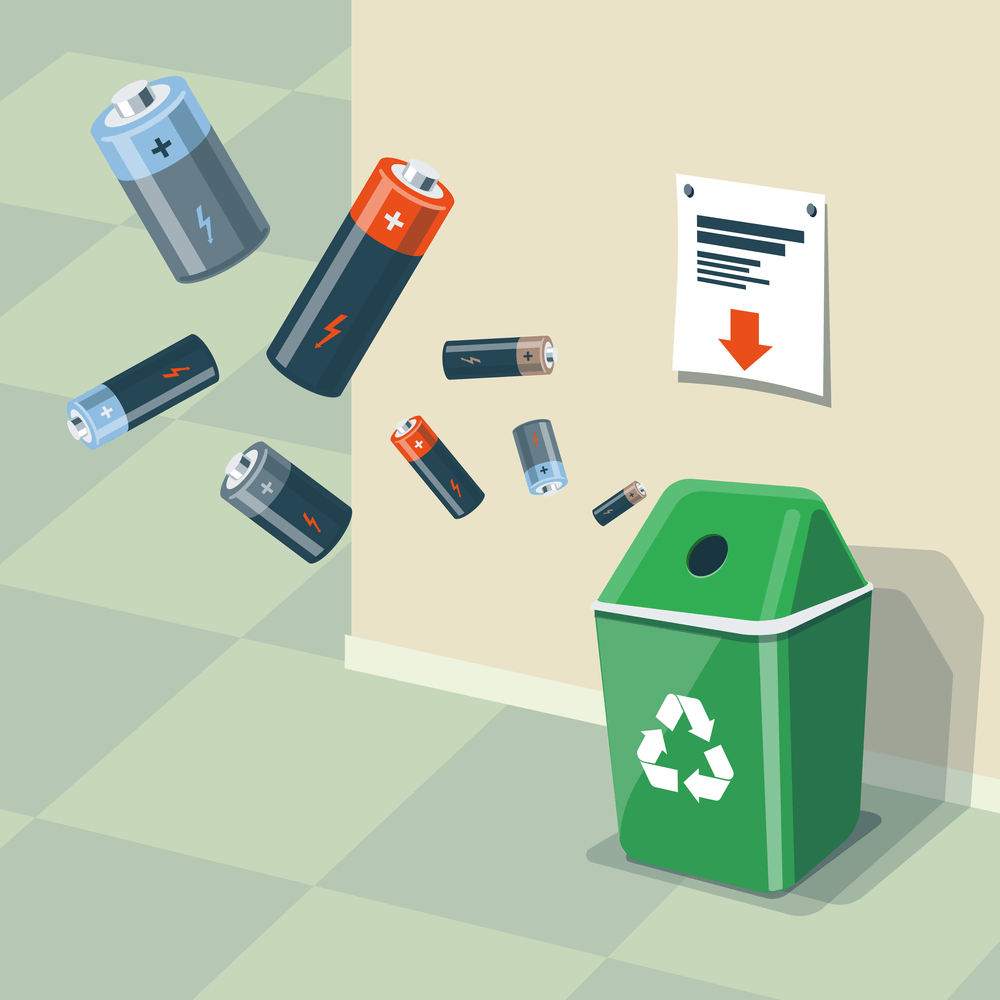

Did you know that batteries contain harmful materials like Mercury and lead? If not disposed of properly, these toxic materials can prove to be extremely harmful to the environment leading to air, water, and soil pollution.
Recycling batteries can help end pollution, restore the environment for future generations, and prevent natural resources from getting wasted. Recycling batteries also minimizes the risks of fires and explosions.
Recycle My Battery, a non-profit organization based out of the USA, strives to spread awareness about the adverse effects of improper disposal of batteries on the environment and encourages people to recycle them properly to save the planet. In the past year, Recycle My Battery has won 4 national awards and received appreciation from the senators of New Jersey for its great success in spreading awareness among thousands of adults and kids about the harmful effects of batteries and ways to recycle them sensibly.
Every year nearly 15 billion batteries are purchased to power everyday objects, most of which end up filling landfills. The demand for batteries is driven by the fact that billions of people own electronic devices that use electricity including cell phones, laptop computers, and digital cameras among others.
Batteries convert chemical energy into electrical energy, which powers our toys and gadgets. There are two terminals in a battery, namely, the anode and cathode that generate an electrical circuit that in turn supplies power to an electronic device.
Ideally, batteries should be safely disposed of once this electrical circuit has been depleted, but millions of batteries are discarded in the trash each year. While it may appear that throwing away batteries is harmless, it has serious consequences for the environment. Mercury, cadmium, lithium, and lead are among the hazardous, toxic, and corrosive materials found in batteries.
When old batteries are thrown away, they end up in landfills, where they decay and leak. As batteries corrode, their chemicals leach into the soil, contaminating the groundwater and surface water. Our ecosystems, which contain thousands of aquatic plants and animals, are compromised when battery chemicals are present. This means that when we drink from faucets, we may be ingesting dangerous metals.
Did you know that improperly disposed of lithium batteries can be extremely unstable? Lithium batteries have the potential to start landfill fires that can smolder for years. As a result, toxic chemicals released into the atmosphere harm our breathing and contribute to global warming.
Campaigns led by different non-profit organizations like Recycle My Battery will gladly accept your batteries and recycle them on your behalf. They have placed special bins for battery disposal in various public places such as libraries, schools, and outside public offices, among others. Car batteries, which are typically made of lead-acid materials, can be disposed of by dropping them off at their centers. You can even mail your phone away to Recycle My Battery to be recycled properly.
Author: Dev Shaurya Dosapati


© copyright 2022 by Recycle My Battery